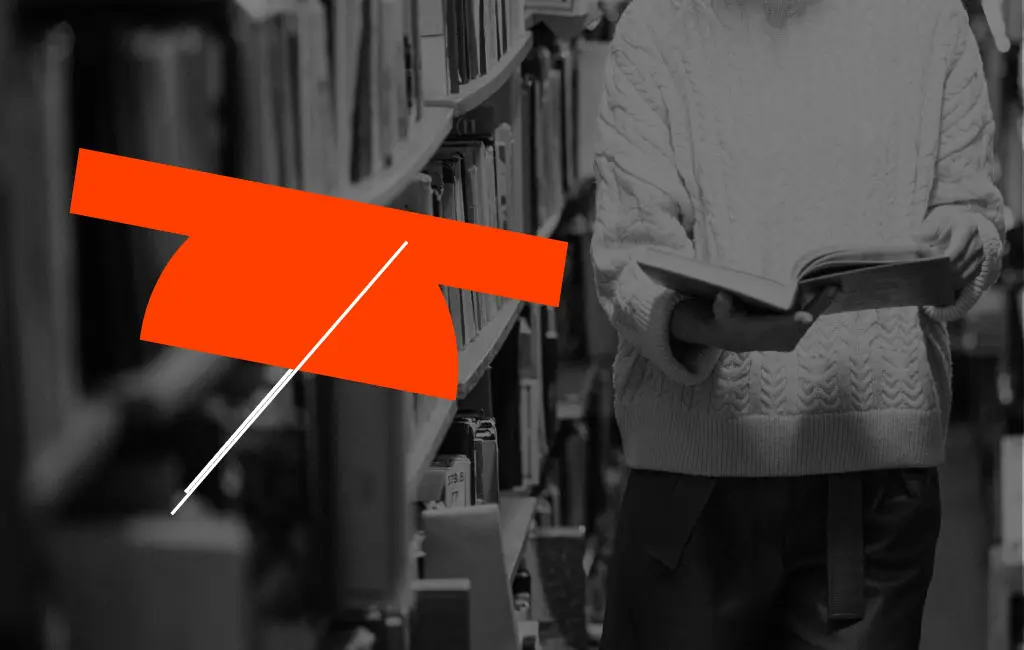The first round is behind us
In the first round of the ‘A Month in Poland’ scholarship programme, we received 19 applications from candidates from the Eastern Europe and Caucasus region. The committee selected five scholarship holders whose projects best fit the programme's aims of supporting research into the history, politics and culture of Central and Eastern Europe.
Recruitment to the programme is still going on and will end when the funds are exhausted, so we invite you to apply - this is a unique opportunity to broaden your research horizons and professional development!
What is the ‘Month in Poland’ programme?
The Mieroszewski Scholarship Programme ‘A Month in Poland’ offers researchers from Ukraine, Armenia, Azerbaijan, Belarus, Georgia, Moldova and Russia the opportunity to explore key aspects of the history, politics, culture and heritage of Central and Eastern Europe. The programme supports interdisciplinary research projects such as interviews, surveys, archival and library research, aimed at developing knowledge and mutual understanding between the peoples of the region.
‘A month in Poland’ enables the scholarship recipients to be fully involved in the projects, giving access to a wide range of literature, unique archives and contacts with experts. These studies introduce new horizons of understanding, break stereotypes and contribute in building relationships based on reliable knowledge, which has a significant impact on foreign relations. The programme is supported by the renowned Mieroszewski Centre, which provides scholars with support in carrying out their research.
‘A Month in Poland’ programme not only provides an opportunity to develop research projects, but also provides an opportunity for closer involvement in the intellectual and cultural life of Poland. Participants have the opportunity to engage with Polish academic institutions, museums, archives and libraries, allowing direct contact with valuable materials and resources. In addition, the programme promotes an interdisciplinary approach to research, combining a variety of perspectives - historical, political and cultural - which together allow for a more holistic understanding of the complex processes taking place in the region. Through the exchange of experiences with Polish and international experts, fellows gain new insights into their research and the opportunity to expand their professional networks, which are invaluable to their future academic careers.
